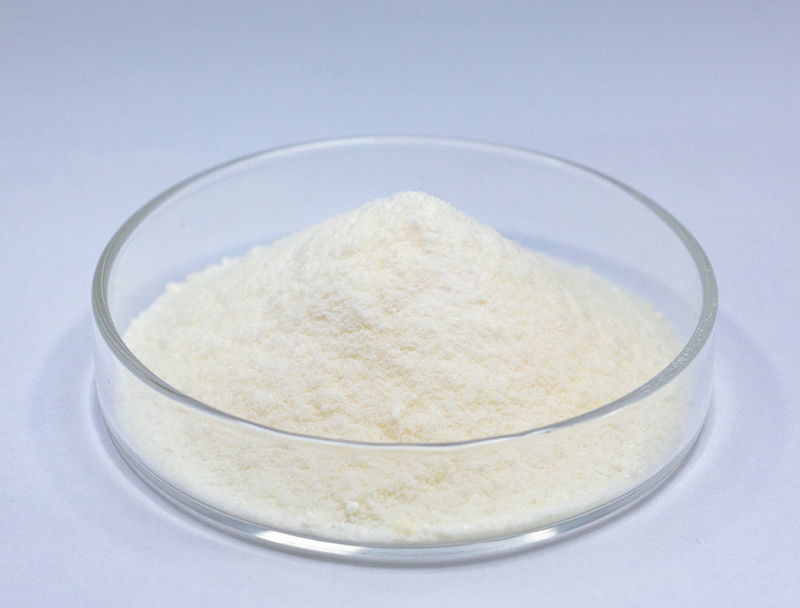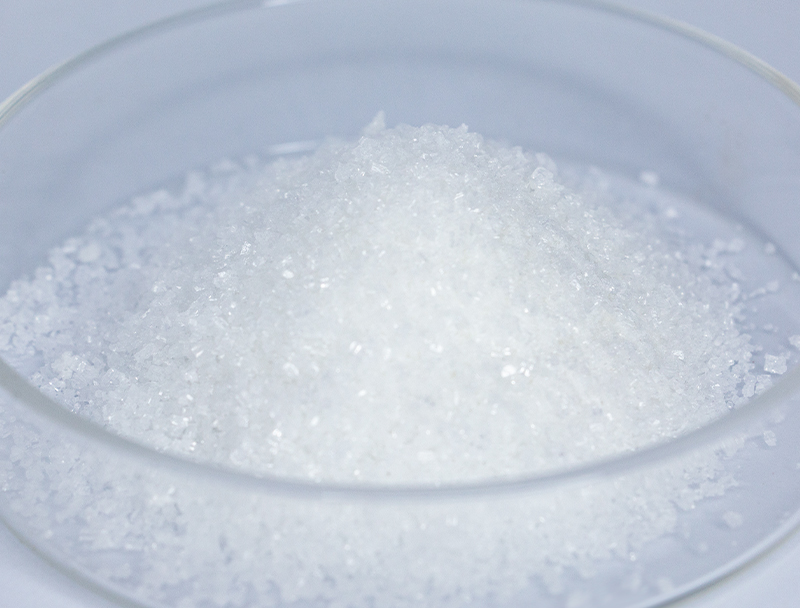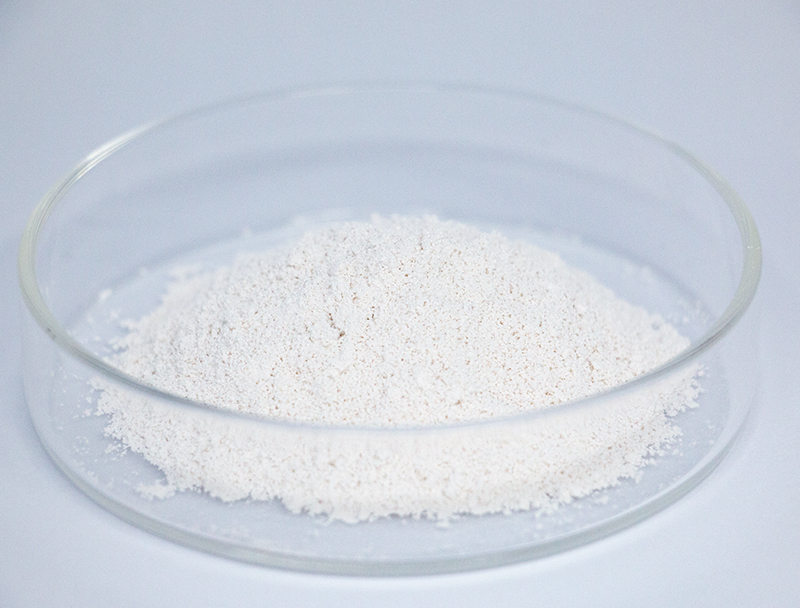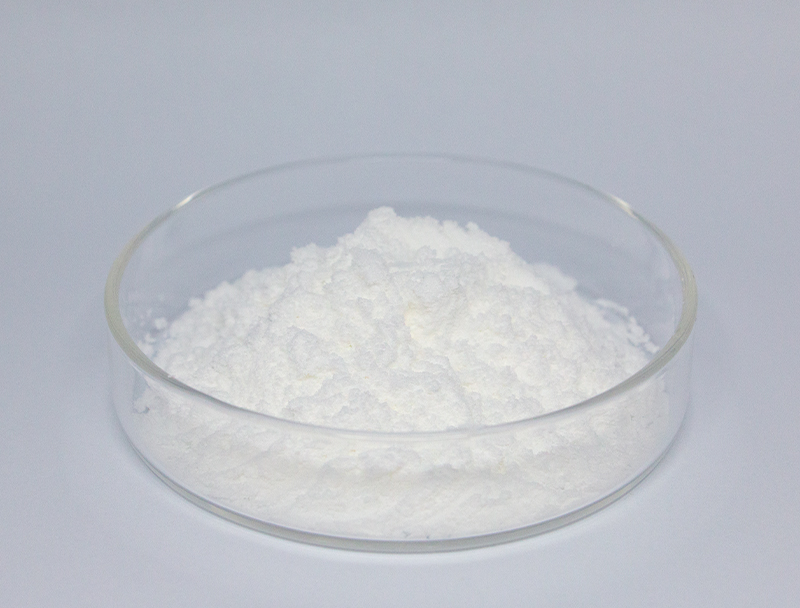
Large-scale bioproduction hinges upon a wide assortment of substrates to yield progressive bio-based commodities.
Ensuring the sustainable sourcing of these resources is vital for future-proofing and moral progress in biomanufacturing.
multiple challenges associated with traditional raw material procurement including carbon-intensive impacts and resource exhaustion. Thus, organizations must explore circular sourcing options to lessen environmental harm.
- Instances of green procurement approaches are:
- Utilizing renewable feedstocks derived from agricultural byproducts
- Applying zero-waste frameworks to limit waste and optimize resource use
- Working with community-based suppliers that follow ethical standards
This shift towards sustainable raw material sourcing is not only environmentally beneficial but also economically viable in the long run.
Improving Biomass Inputs to Boost Biofuel Yields
Improving fuel production performance hinges on the attributes of biomass inputs. Research teams persist in studying techniques to boost feedstock performance, producing improved fuel yields and a lower-carbon energy pathway. Initiatives integrate bioengineering to scale biomass production and pretreatment workflows to free fermentable sugars.
- Also, studies emphasize discovering resources such as seaweed, organic waste, and residual straw to diversify sustainable feedstock supplies for fuels.
- Via sustained research the industry stands ready to accomplish considerable improvements that enable a greener energy transition.

Next-Generation Upstream Methods in Biopharmaceuticals
embraces initial workflow stages from growth to harvesting Recent developments in this field have resulted in optimized workflows that raise overall output.
Important innovations consist of upgraded cell platforms, customized nutrient matrices, and smart bioreactor solutions. The improvements increase output while decreasing cost structures and sustainability impacts.
- Furthermore, there is a growing trend towards continuous processing in upstream processing, allowing for increased flexibility over the production process.
- Transitioning to refined production methods has the potential to overhaul the industry and expedite new treatments.

Innovations in Gene Editing for Improved Biopharmaceutical Yield
advances in genomic editing tools including CRISPR have transformed therapeutic manufacturing. By precisely targeting genes within host organisms, researchers can enhance the yield of valuable therapeutic proteins. This approach holds immense potential for developing more efficient and affordable biopharmaceuticals to address a wide range of diseases.
Microbial Biotechnology as a Sustainable Cleanup Strategy
novel biological remediation techniques leveraging microbial metabolisms for pollution control. Engineered and natural microbes can attenuate pollutants via metabolic conversion.. Employing microbial processes facilitates remediation approaches that preserve ecosystem integrity while reducing pollution.. Scientists are actively exploring a wide range of microbial species with diverse metabolic capabilities to target various pollutants, including heavy metals, pesticides, oil spills.. Such organisms are usable in treatment systems or applied directly to soils and waters to drive biodegradation of contaminants..
Using microbes for cleanup carries distinct advantages compared with chemical or physical remediation approaches. Microbe-driven cleanup typically costs less and generates fewer dangerous byproducts. Also, microbial interventions offer targeted remediation that minimizes collateral ecosystem disturbance. Research efforts persist to upgrade the potency and implementation of microbial remediation strategies.
Informatics-Driven Strategies for Drug Design
Bioinformatic tools play an increasingly crucial role in the modern landscape of drug discovery and development. By screening targets and refining candidate molecules, informatics drives faster, evidence-based development.
- With analysis of broad omics and clinical datasets, bioinformatic experts identify targets and model drug effects.
- Furthermore, computational modeling of drug–target interactions aids rational design of higher-performing therapeutics.
- Finally, bioinformatics is revolutionizing the drug discovery and development process, accelerating the time to bring safe and effective treatments to patients in need.
Metabolic Engineering Strategies for Enhanced Bioproduct Synthesis
utilizes multiple approaches to enhance production of desirable bioproducts in cells. These strategies can involve genetic modifications to optimize metabolic pathways, regulation of gene expression, and the introduction of novel genes to confer new capabilities.. By fine-tuning these processes, engineers can significantly increase the yield of desired bioproducts.
This multifaceted approach has the potential to revolutionize a broad range of industries, including biopharmaceuticals, agriculture, and bioenergy.

Barriers and Benefits When Expanding Biopharmaceutical Manufacturing
Transitioning to higher volumes entails serious complications and potential rewards. Retaining quality standards during scale enlargement is a core difficulty. This requires robust process control, precise monitoring, and sophisticated analytical techniques.

Also challenging is the layered complexity of biomanufacturing encompassing numerous sequential steps.. Scaling optimization is a resource-intensive task that calls for substantial innovation and study.. Still, the gains can be meaningful. Successful scaling up can lead to increased access of life-saving therapies, reduced production costs, and enhanced profitability.
A series of measures are underway to confront these obstacles. Efforts include process-digitization tools, integrated analytics for monitoring, and fresh manufacturing paradigms.
- Ongoing innovation drives improvements in industrial production capability.
- Regulators are adapting frameworks to speed authorization of novel manufacturing approaches and spur innovation.
Aligning Biomanufacturing with Regulatory Standards for Patient Safety
Engineering biologic therapies includes robust governance to assure patient safety and measure effectiveness. Products of biological origin introduce specific challenges that differ from standard drug development.
Organizations like the FDA and EMA provide essential guidance and set standards for authorizing novel biotherapeutics..
Robust assay and safety testing are obligatory from discovery through post-marketing surveillance.. The processes aim to expose risks and ensure that treatments meet exacting safety benchmarks.
Concurrently, regulatory organizations fine-tune methods to remain compatible with quick scientific advancements. Policies NMN involve deploying novel tech and expediting development while preserving commitment to patient safety.

Evaluating Plant Biomass for Bioplastic Production
Heightened demand for sustainable products accelerates efforts to develop renewable material alternatives. Among these, bioplastics, produced from plant-derived biomass feedstocks, offer a promising avenue towards a greener future. Plant-based biomass resources such as cornstarch, cellulose, sugarcane can be processed into biodegradable plastics that degrade naturally, minimizing the environmental impact of conventional plastics.
Moreover, bioplastics can mirror key properties of fossil-derived plastics and fit diverse application needs.. Persistent innovation will be key to advancing plant biomass into mainstream bioplastic manufacturing for a circular future.
Emerging Biotech Solutions for Health and Food Security
Biotech provides transformative capabilities that can change healthcare outcomes and strengthen food systems. Through CRISPR, synthetic circuit design, and cell therapy progress, developers generate methods to counter infectious agents, optimize crops, and elevate nutritional profiles.. A concrete example includes modified crops engineered for pest and stress tolerance that yield more while decreasing pesticide needs. Also, biotechnological innovation fuels development of immunizations, antimicrobial treatments, and diagnostic platforms vital for disease control and population health.. Going forward, advancements in biotechnology are likely to yield interventions that improve health and advance sustainable food systems globally.
